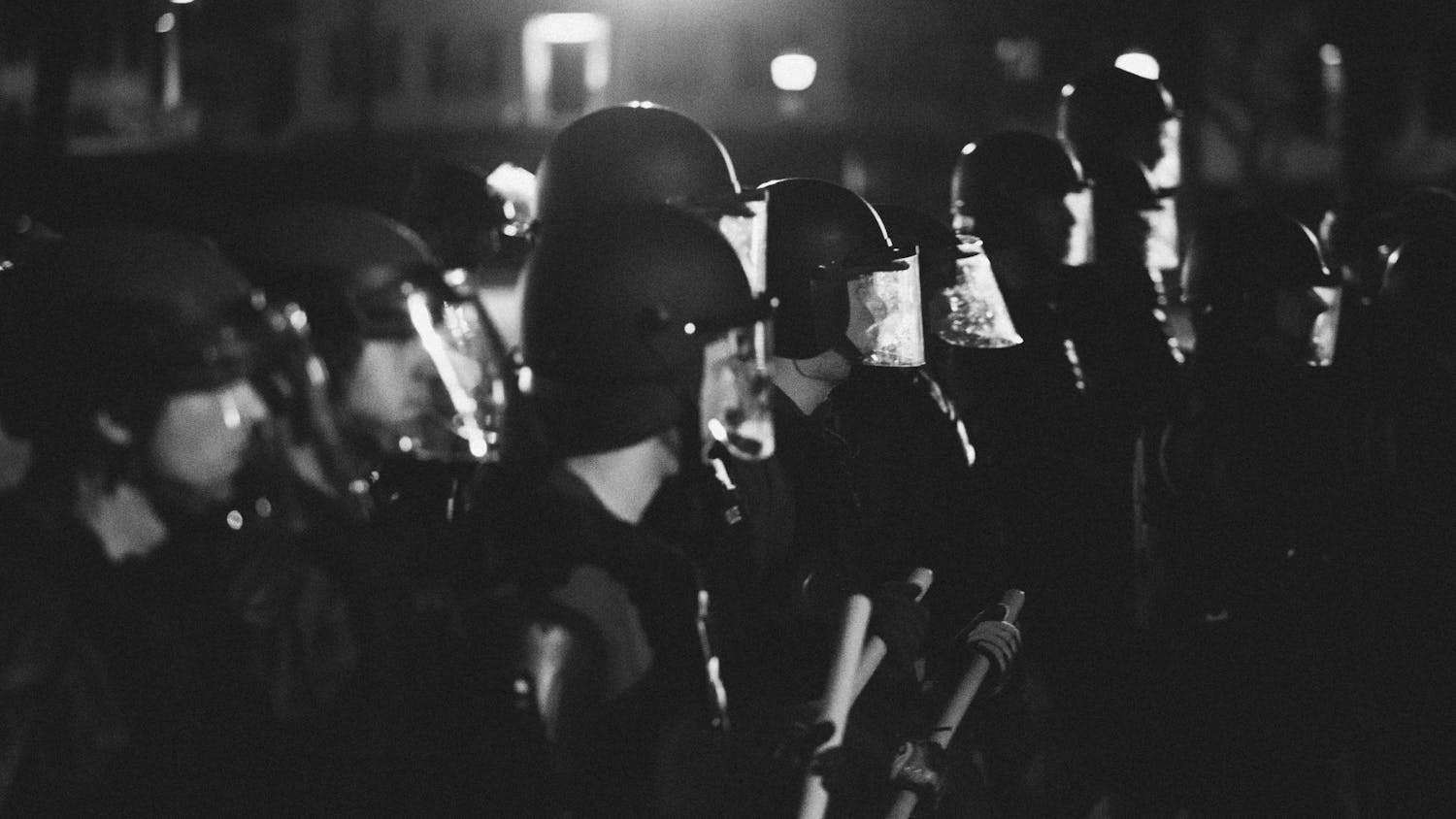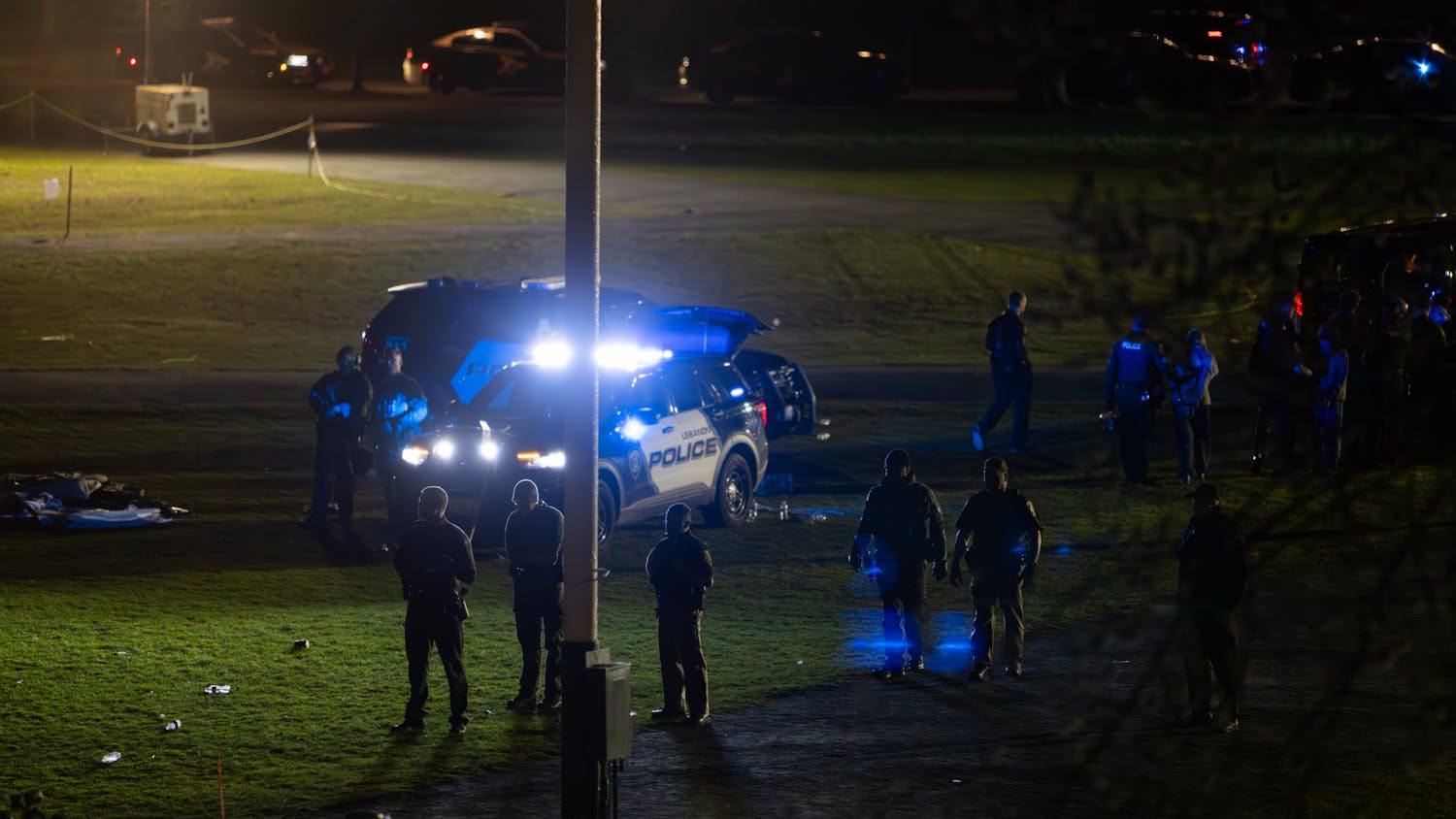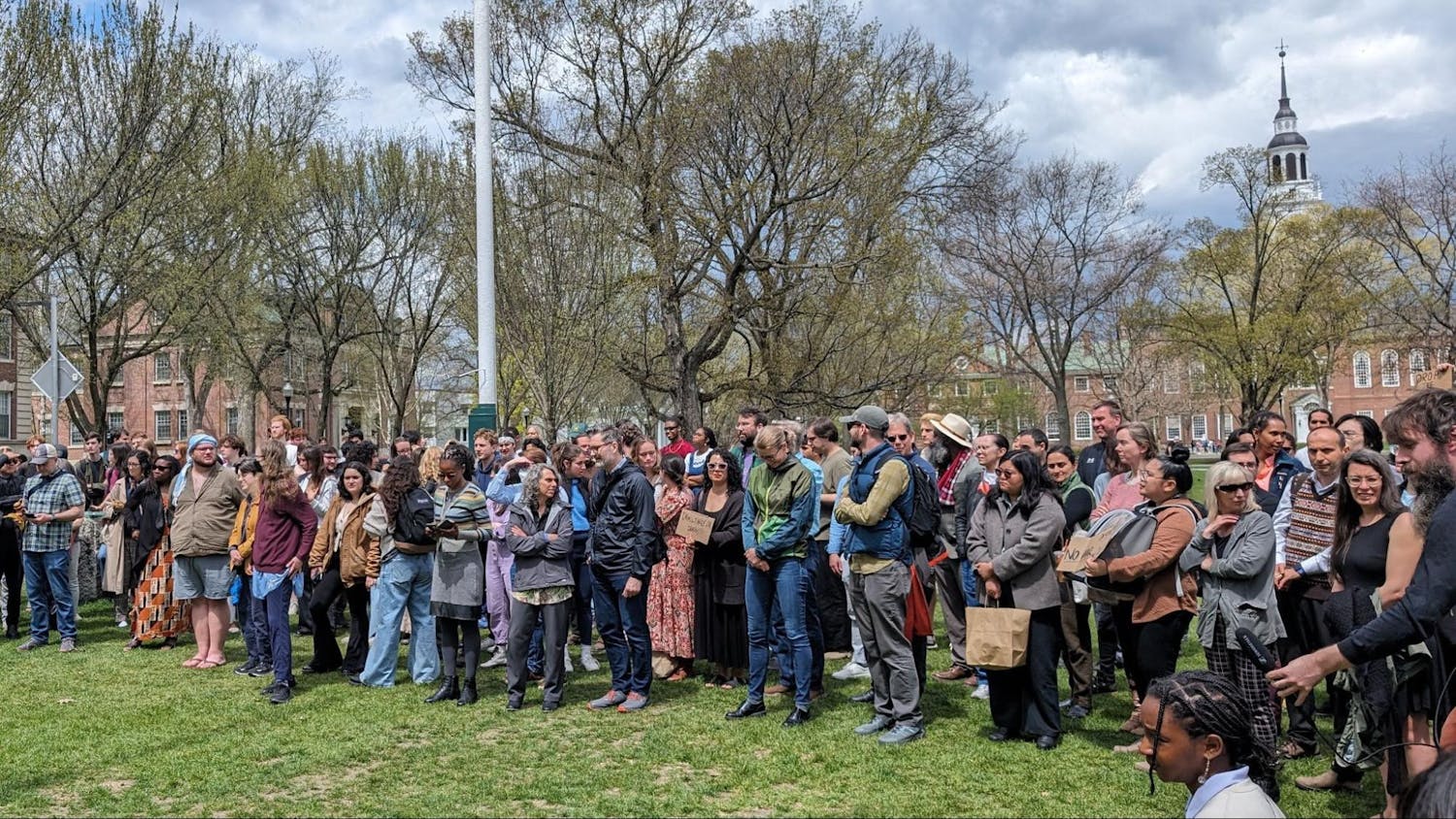Addressing the prospects of the 2000 presidential election, popular political commentator and analyst William Kristol said that this election cycle could mark a transition to a new era in American politics and that its outcome is uniquely uncertain.
Kristol, a renowned pundit who served in the Reagan and Bush administrations and has most recently helped to found the conservative magazine The Weekly Standard, scattered his talk with humorous remarks, some aimed at his Dartmouth audience.
"Contrary to what you think, I actually came here to talk about the Student Life Initiative," he began. "I do have some thoughts about the [SLI], but I don't think the Trustees would like to hear it," Kristol joked to a receptive audience of more than 100 students, faculty and community members.
He said that the previous political era -- characterized by the Cold War, the Republican lock on the presidency, and Democratic control of Congress -- came to a close with President Bill Clinton's 1992 victory and the Republican congressional gains that followed two years later.
Kristol recalled his own experience in the 1992 election. "Working in the White House at that time, I knew that Bush honestly thought he'd be reelected. He felt he had done what every president of his time was sent to the White House to do, which was to manage the foreign policy and the national security of the country."
"He did an excellent job of handling the end of the Cold War and of handling the first real post Cold War conflict, the Gulf War," Kristol continued.
"But now politics is about the future and not about the past. And Bill Clinton understood this, Bush didn't. If it wasn't for the end of the Cold War, I honestly don't think Clinton would have won."
Following the Democratic takeover of the presidency and the Republican victories in Congress, Kristol said that a search for a new political landscape dominated the last decade of the 20th century.
"The story of the 1990s, I think, has been the struggle to shape the new era. The result has been that both parties have failed to convince Americans to give them control over the new era," he said.
Throughout his lecture, Kristol emphasized the unprecedented nature of the 2000 presidential election. First, he said, the junction of divided government and the absence of a single majority party is a new political feature.
"Will [Vice President Al] Gore benefit from Clinton's job approval rating? Will he be hurt by his impeachment? We don't know, this has never happened before," Kristol elaborated.
He also spoke of the two presidential candidates' electoral strategies, saying that Gore's was his political experience and his participation in an administration that has presided over a period of great prosperity.
Of Texas Governor George W. Bush's potential advantages, Kristol looked to Gore's negatives:
"On objective indices, Gore should be ahead. But he's not. It suggests a discomfort with Gore, with giving Clinton a third term."
"Bush's task is to convince voters that he's not going to endanger our prosperity, that he's not going to endanger the policies they like -- that's why he's been moving so much to the center in recent weeks," Kristol continued.
He said that if forced to prognosticate, a Gore victory would be the most likely. But, he said, the seven months before the general election is a "very long time."
He also said that because of Bush's inexperience in national office and voters' unfamiliarity with him, the Bush candidacy is the largest variable in the election. Gore, Kristol explained, likely has few unknowns left in the closet.
In the question and answer session that followed his speech, Kristol suggested that Bush's most advantageous vice presidential running mate would be Senator John McCain, who challenged Bush for the Republican nomination in the primaries and garnered Kristol's support.
"It's the easiest way to reach out to those five million McCain voters," Kristol said, but added that McCain's temperament and the personal divide between the two politicians make the matching unlikely.
He continued that foreign policy "is a worry for Bush, and I think McCain would help him with that. And that's why I think the governors aren't a good pick," referring to Pennsylvania Governor Tom Ridge and New Jersey Governor Christine Todd Whitman.
Similarly, Kristol doubted that Bush would selected a pro-choice running mate, saying, "there would be too much of a revolt" within the Republican ranks and that such a person would give steam to the Reform Party candidacy.



